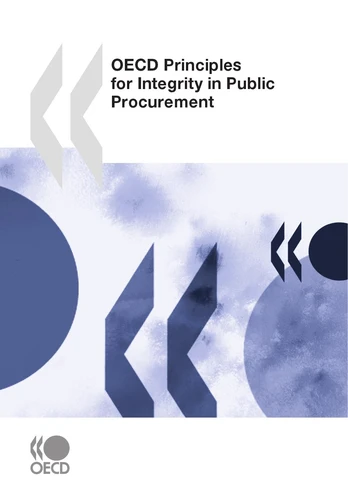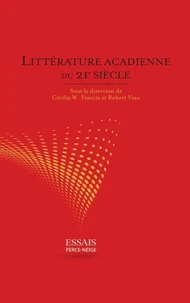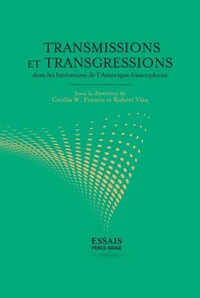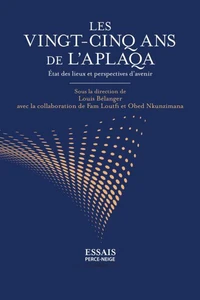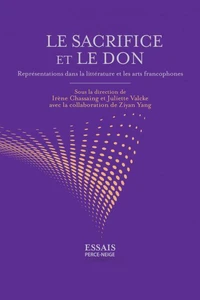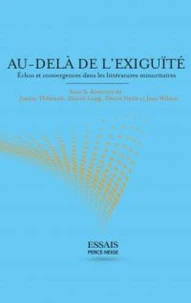OECD Principles for Integrity in Public Procurement
Par :Formats :
Disponible dans votre compte client Decitre ou Furet du Nord dès validation de votre commande. Le format Multi-format est :
- Pour les liseuses autres que Vivlio, vous devez utiliser le logiciel Adobe Digital Edition. Non compatible avec la lecture sur les liseuses Kindle, Remarkable et Sony
 , qui est-ce ?
, qui est-ce ?Notre partenaire de plateforme de lecture numérique où vous retrouverez l'ensemble de vos ebooks gratuitement
Pour en savoir plus sur nos ebooks, consultez notre aide en ligne ici
- Nombre de pages140
- FormatMulti-format
- ISBN978-92-64-05652-7
- EAN9789264056527
- Date de parution24/03/2009
- Protection num.NC
- Infos supplémentairesMulti-format incluant PDF avec W...
- ÉditeurOECD
Résumé
The OECDPrinciples for Integrity in Public Procurement are a ground-breaking instrument that promotes good governance in the entire procurement cycle, from needs assessment to contract management. Based on acknowledged good practices in OECD and non-member countries, they represent a significant step forward. They provide guidance for the implementation of international legal instruments developed within the framework of the OECD, as well as other organisations such as the United Nations, the World Trade Organisation and the European Union.
In addition to the Principles, this exhaustive publication includes a Checklist for implementing the framework throughout the entire public procurement cycle.
It also gives a comprehensive map of risks that can help auditors prevent as well as detect fraud and corruption. Finally, it features a useful case study on Morocco, where a pilot application of the Principles was carried out. "The Checklist will help governments and agencies to develop more transparent, efficient procurement systems" -Nicolas Raigorodsky, Under-secretary of Transparency Policies, Anticorruption Office, Argentina "Public procurement is one of the most important public governance issues.
Action is needed to ensure integrity by reducing bribery and corruption" -Business and Industry Advisory Committee to the OECD "The general thrust and content of the document is commendable. Much of it tracks very closely to the United Nations Convention Against Corruption and the United Nations Commission on International Trade Law Model Law" -Stuart Gilman, Head of the UN Global Programme Against Corruption and the Anticorruption Unit, United Nations Office on Drugs and Crime
It also gives a comprehensive map of risks that can help auditors prevent as well as detect fraud and corruption. Finally, it features a useful case study on Morocco, where a pilot application of the Principles was carried out. "The Checklist will help governments and agencies to develop more transparent, efficient procurement systems" -Nicolas Raigorodsky, Under-secretary of Transparency Policies, Anticorruption Office, Argentina "Public procurement is one of the most important public governance issues.
Action is needed to ensure integrity by reducing bribery and corruption" -Business and Industry Advisory Committee to the OECD "The general thrust and content of the document is commendable. Much of it tracks very closely to the United Nations Convention Against Corruption and the United Nations Commission on International Trade Law Model Law" -Stuart Gilman, Head of the UN Global Programme Against Corruption and the Anticorruption Unit, United Nations Office on Drugs and Crime
The OECDPrinciples for Integrity in Public Procurement are a ground-breaking instrument that promotes good governance in the entire procurement cycle, from needs assessment to contract management. Based on acknowledged good practices in OECD and non-member countries, they represent a significant step forward. They provide guidance for the implementation of international legal instruments developed within the framework of the OECD, as well as other organisations such as the United Nations, the World Trade Organisation and the European Union.
In addition to the Principles, this exhaustive publication includes a Checklist for implementing the framework throughout the entire public procurement cycle.
It also gives a comprehensive map of risks that can help auditors prevent as well as detect fraud and corruption. Finally, it features a useful case study on Morocco, where a pilot application of the Principles was carried out. "The Checklist will help governments and agencies to develop more transparent, efficient procurement systems" -Nicolas Raigorodsky, Under-secretary of Transparency Policies, Anticorruption Office, Argentina "Public procurement is one of the most important public governance issues.
Action is needed to ensure integrity by reducing bribery and corruption" -Business and Industry Advisory Committee to the OECD "The general thrust and content of the document is commendable. Much of it tracks very closely to the United Nations Convention Against Corruption and the United Nations Commission on International Trade Law Model Law" -Stuart Gilman, Head of the UN Global Programme Against Corruption and the Anticorruption Unit, United Nations Office on Drugs and Crime
It also gives a comprehensive map of risks that can help auditors prevent as well as detect fraud and corruption. Finally, it features a useful case study on Morocco, where a pilot application of the Principles was carried out. "The Checklist will help governments and agencies to develop more transparent, efficient procurement systems" -Nicolas Raigorodsky, Under-secretary of Transparency Policies, Anticorruption Office, Argentina "Public procurement is one of the most important public governance issues.
Action is needed to ensure integrity by reducing bribery and corruption" -Business and Industry Advisory Committee to the OECD "The general thrust and content of the document is commendable. Much of it tracks very closely to the United Nations Convention Against Corruption and the United Nations Commission on International Trade Law Model Law" -Stuart Gilman, Head of the UN Global Programme Against Corruption and the Anticorruption Unit, United Nations Office on Drugs and Crime

